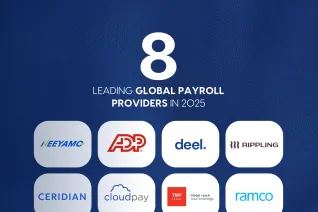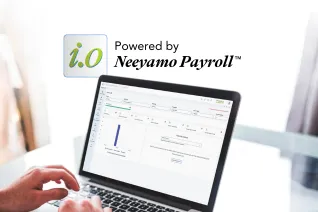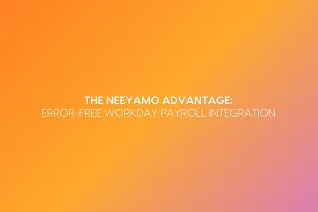Country Spotlight: Payroll in Kenya

As one of the largest economies in East Africa with a skilled workforce and a median age of 20.1 years, Kenya is a lot more than just a picturesque landscape with diverse wildlife. With a promising economic outlook, Kenya presents a plethora of business opportunities.
However, processing payroll in Kenya isn’t straightforward. There are several authorities that impose regulations and guidelines surrounding payroll in Kenya that need to be taken into consideration. There is also the fact that there is no single minimum wage in the country, instead, it depends on the skill level and occupation.
Here are some of the factors that make payroll processing in Kenya a tricky proposition:
Pay Frequency and Minimum Wages
In Kenya, the typical pay frequency is monthly. The pay period is the first and last day of the month, and salary is usually credited on the last day of the month. There are no provisions for the 13th month's pay in Kenya.
The minimum wage in Kenya is based on the location, age, and skill level of the employee and their occupation. With a 12% increase in minimum effective earlier this year, domestic workers living in one of the three biggest cities, Nairobi, Mombasa, and Kisumu should now be paid a minimum of KES 15,201 with those in rural areas paid roughly half of this amount. Overtime in Kenya cannot exceed 4 hours. Overtime is compensated at the rate of 150% of regular pay.
Calculating all this for your dispersed employees might be simple with an efficient payroll provider.
ALSO READ | Country Spotlight: Payroll in South Africa
Taxation
Anyone residing in Kenya is liable to pay income tax. The Kenya Revenue Authority (KRA) ensures taxes are paid fully and on time. However, it is more challenging than it sounds.
The employer usually withholds tax through Pay As You Earn (PAYE) deductions and remits it to KRA on the 9th day of the following month. When the employer fails to do so, a penalty is imposed.
Furthermore, Kenya's progressive tax system makes taxation more complex than it is already.
|
Annual Taxable Income (KES) |
Tax Rate (%) |
|
<288,000 |
10 |
|
288001 to 388,000 |
25 |
|
>388,000 |
30 |
The Finance Act of 2020 eliminated tax exemptions for employees whose taxable employment income before bonuses and overtime allowances does not reach the lowest individual tax bands on bonuses, overtime, and retirement benefits.
Employer and Employee Contributions
Employers and employees have contributions that are made mandatory by Kenyan law.
- The National Social Security Fund (NSSF) is a public trust and retirement benefits scheme for employees in Kenya. The employee's minimum contribution is KES 200 monthly, and the employer must match that amount. The 15th day of every subsequent month is the due date for filing the documents and making the payments to NSSF.
- The National Hospital Insurance Fund (NHIF) provides health insurance for workers. Employers usually deduct the NHIF from an employee's salary. Employers are not required to contribute to this fund.
- The government has approved the National Housing Development Fund (NHDF) charge. However, it is being delayed for resolution at the court. Employees and employers must contribute 1.5% of the pay.
This is not all! There are plenty more contributions, voluntary and mandatory, in the country. Keeping track of various contributions could be very demanding without the proper software to handle it all.
Leaves, Working Hours and Overtime
According to section 28 of the Employment Act, employees get an annual leave of 21 days. During this period, the employee is entitled to full pay. However, only those who have worked for the employer for 12 consecutive months are eligible. In the case of accumulated leaves, employees must take them within 18 months, failing which the employee will be forced to forfeit the same.
Regarding working hours, an employee is expected to work 45 hours per week, crossing which the employee must be paid for the overtime hours.
YOU MIGHT ALSO LIKE | Country Spotlight: Kenya
How does one tackle all these complexities?
Neeyamo's unified, holistic global payroll solution simplifies payroll and eliminates the worry of payroll intricacies. Neeyamo's payroll tech stack gives a 360-degree payroll experience and ensures a streamlined process in a dynamic world.
Our technology-first approach to payroll ensures you remain compliant and don't have to worry about the ever-changing HR and payroll regulations.
Contact us to know more.
Latest Resources
Stay informed with latest updates
If you're curious and have a thirst for knowledge pertaining to the HR, payroll, and EOR universe, don't miss out on subscribing to our resources.
















